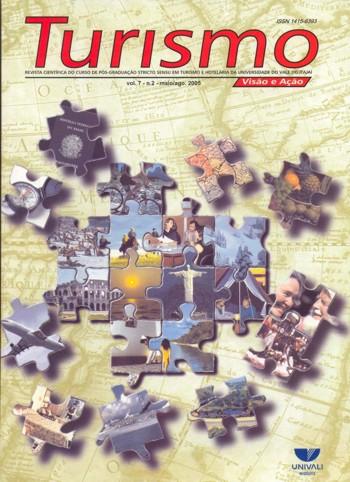The Process of Planning and Managing Tourism Territories: principal guidelines of a Proposal

The disordered growth of tourism has created increasingly intense, and marked environmental, social and economic impacts in the regions involved. The various traditional and reforming planning models have limitations, which are already recognized both in the theory and in their practical implementation in various destinations. This article offers a reflection on the principles of a sustainable development plan for the tourism system, within a systemic perspective. Since it discusses the planning and management of tourism territories – a complex theme which interacts with various other themes and areas of knowledge, it takes premises which lend theoretical and methodological support to the model. It is not just a synthesis, but a deeper investigation from the perspective of the proposal being developed, and is therefore more specific, focused and relevant to the current issues. The theoretical bases are focused on: systems theory, particularly recent studies by Maturana Romesín & Varela Garcia (1995, 1997), Morgan (1996) and Capra (2002), the application of the systemic view in social contexts; management by processes, particularly in Hammer (1998), Martin (1996) and Harrington (1993), to confront the new globalized and highly competitive global scenarios; the premises of sustainability of the tourism system, as discussed by Hall
(2001), Cooper (2001), Buttler (2002) and the WTO (2003), a requirement not only for the ecological, but also for the social and economic systems; and the process of participative, autonomous, integrated and realistic planning, defended, in particular, by Souza (2001) and Hall (2001), and also contained in the premises of the town’s Bylaws (Oliveira, 2002), and in the particular case of tourism territories, those of the WTO (2003). In light of the premises presented, the model proposed for the planning and management of tourism territories consists of integrated processes which, despite gaining their own dynamics, form part of wider processes. The model of Planning and Management of Tourism Territories is represented by a macro-process, comprised of five processes: territorialization, reading of the system, definition of the strategies which lead to a lack of harmony, implementation, viability, monitoring and evaluation.
Key words: Planning and Management; Tourism Territories; Sustainability and Tourism.








